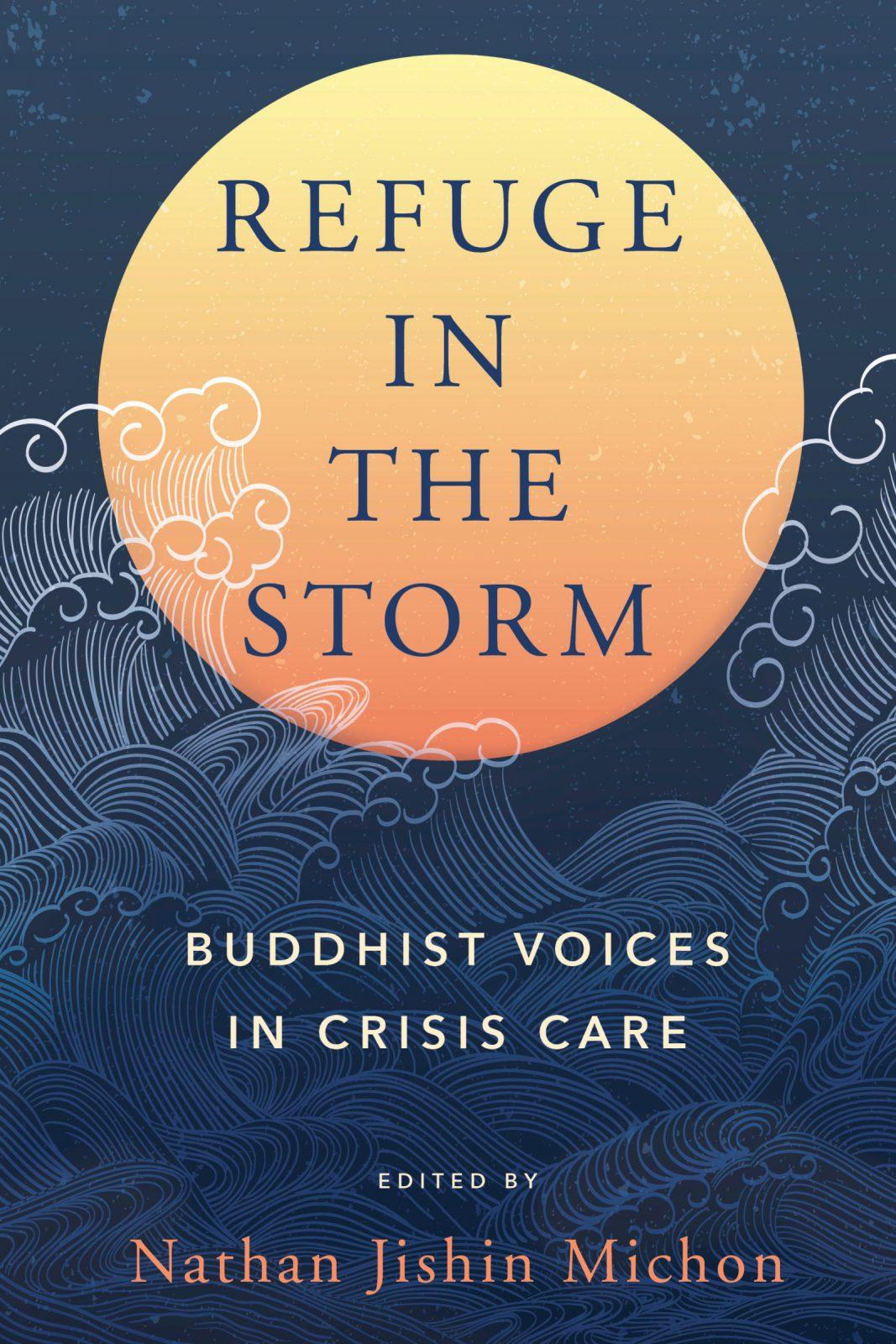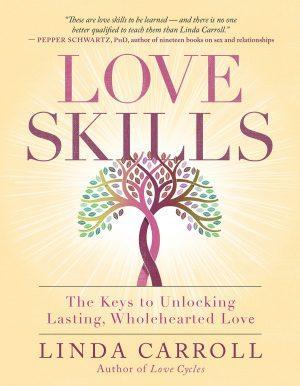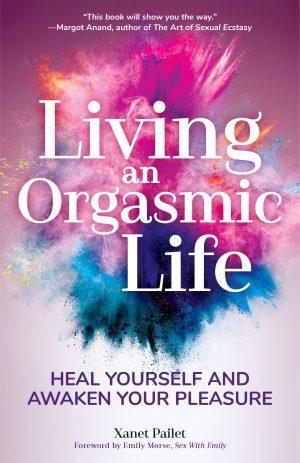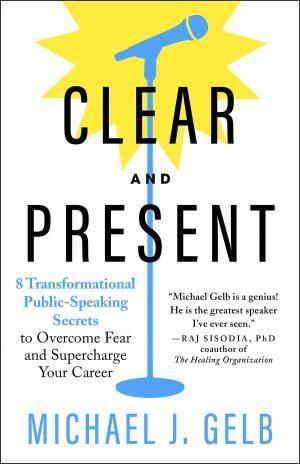Refuge in the Storm
0,00 €
| Language of origin | |
|---|---|
| Publication date | |
| Infos : | Page Count: 256 |
Buddhist Voices in Crisis Care
A ONE-OF-A-KIND ANTHOLOGY: A unique look at crisis care through the lens of Buddhist principles and philosophy
24 wise and compassionate Buddhist perspectives on crisis care—contemplative practices and spiritual principles to help individuals, families, and communities in crisis and the care providers who support them.
Refuge in the Storm presents a wide range of Buddhist perspectives on crisis care written by experienced chaplains, spiritual teachers, psychotherapists, pastoral counselors, medical providers, and scholars, the essays in this timely anthology explore a spectrum of personal and global crises: climate chaos, COVID, natural disasters, racism, social inequity, illness, and dying.
Drawing on Buddhist principles and practices, these essays offer a wealth of insights for supporting individuals and communities in crisis as well as preventing fatigue and burnout in care providers The 24 essays in this anthology show readers how to:
• Provide spiritual companionship to ill, aging, and dying clients
• Infuse crisis care with mindfulness, compassion, prayer, and even playfulness
• Prevent burnout with self-care practices rooted in Buddhist principles
• Develop self-awareness and self-knowledge as a care provider
• Pursue the path of Buddhist chaplaincy
Edited by Nathan Jishin Michon—Buddhist priest, chaplain, meditation teacher, and editor of A Thousand Hands: A Guidebook to Caring for Your Buddhist Community—this one-of- a-kind anthology helps care providers develop the compassion, attention, wisdom, and presence needed to support individuals and communities to move through suffering into healing
FOR BUDDHIST CARE PROVIDERS: Offers support to psychotherapists, social workers, chaplains, nurses, doctors, volunteers, and other spiritual care providers
FOR INDIVIDUALS AND FAMILIES: Offers insights to individuals experiencing crisis and the families and friends of individuals in crisis
CARE FOR THE CAREGIVERS: Support and practices for care providers experiencing fatigue, grief, and burnout
TIMELY: Addresses climate change, grief, loss, COVID, racial injustice, natural disasters
BEAUTIFULLY WRITTEN ESSAYS FROM A WIDE RANGE OF PERSPECTIVES: Contains 24 essays by experienced chaplains, spiritual teachers, psychotherapists, pastoral counselors, medical providers, and scholars who are experts in their fields
TARGET CONSUMER: PRIMARY: Care providers (psychotherapists, social workers, chaplains, nurses, doctors, volunteers) who are Buddhist, work with Buddhist clients, and/or wish to apply a Buddhist or spiritual framework to their work; care providers suffering from burnout who want to learn self-care practices to better support themselves in their work
SECONDARY: Readers who wish to apply Buddhist principles to their personal experience of crisis Readers interested in bringing a Buddhist framework to understanding and responding to global crises like climate chaos, war, racial and social injustice, and natural disasters
TERTIARY: Families of people facing trauma who wish to support them with compassionate practices and frameworks based in Buddhist principles
CONTENTS
Five irises for Mary Oliver – Mushim Ikeda
Introduction – Nathan Jishin Michon
Part One: Buddhist Approaches to Large-Scale and Community Crisis
- 1 The Ecology of the Bodhisattva – Victor Gabriel
- 2 Responding to Multiple Crises and the Roles of Community Chaplaincy – Dawn Neal
- 3 Crisis: The Second Dart of Suffering – Vimalasara
- 4 Cultivating a Sense of Identity: Won Buddhist Practice in Immigrant and Second-Generation Identity Crises – Hojin (Hye Sung) Park, PhD
- 5 Psycho-Spiritual Relief Work in the Tsunami Areas and the Potential of Rinsho Buddhism – Rev Jin Hitoshi
- 6 Café de Monk: Kaneta Taiō and the Mobile Deep Listening Café – Nathan Jishin Michon
- 7 Lotus in a Sea of Fire: The Hong Kong case in 2019 and 2020 – Chun Fai (Jeffrey) Ng
- 8 Finding Flow in Crisis Care – Dr g
Part Two: Sickness, Aging, and Death: Caring for Lifecycle Crises
- 9 Staying Cool During a Code Blue: Caring for a Distressed Fiancée – Manling Lim
- 10 A Buddhist Chaplain’s Prayer – Anna Gagnon
- 11 Making Friends with the Aneurysm in My Brain – Noel Alumit
- 12 A Buddhist Counseling Approach for Advanced Cancer – Kin Cheung (George) Lee, PhD
- 13 Accompanying the Dying: Applying Non-Invasive Dharma for Non-Buddhists – Dian (Dee) Sutawijaya
- 14 In the Charnel Ground of a Dying Latinx Man: Practicing with Emilio, El Niño Fidencio and La Santa Muerte – Lourdes Argüelles (Lopon Dorje Khandro), PhD, LMFT
Part Three: Caring for Crisis Workers: Buddhist Approaches to Stress Management and Self-Care
- 15 Reflecting Clear Moonlight: When Modern Chaplaincy Embodies a Living Koan – Shushin R A Peterson
- 16 ICU Staff Anxieties: Originations and Cessations – Xiaoxi Wang
- 17 Buddhas in the Medical Intensive Care Unit: Reflecting a Work Space in the Mandala – Stephanie Barnes (Repa Nyima Ozer )
- 18 Experiments in Mindfulness: A Collaborative Healthcare Staff Support Program – Shushin R A Peterson
- 19 Chaplains Need Chaplains Too – Chenxing Han
- 20 A Playful Dharma: onnecting to our Bodies, Connecting to One Another – Alex Baskin
Part Four: Becoming a Buddhist Care Worker: Training Programs and Buddhist Education
- 21 The Heart Consultation Room: Post-Disaster Care and Adapting Chaplaincy in Japan – Taniyama Yōzō, PhD
- 22 Aging in China and the Life Care Program of Shanghai Jade Buddha Temple – Wang Fengshuo
- 23 The Path to Buddhist Chaplaincy in the US: Academic Education, Religious Endorsement, Professional Board Certification – Jitsujo T Guathier, Daijaku Judith Kinst, Leigh Miller, Elaine Yuen
- 24 “Suffering is not an Emergency… and, it Matters to End It”: Outcomes of Training Tibetan Buddhist Scholar-Practitioners for Professional Spiritual Care – Leigh Miller, PhD





